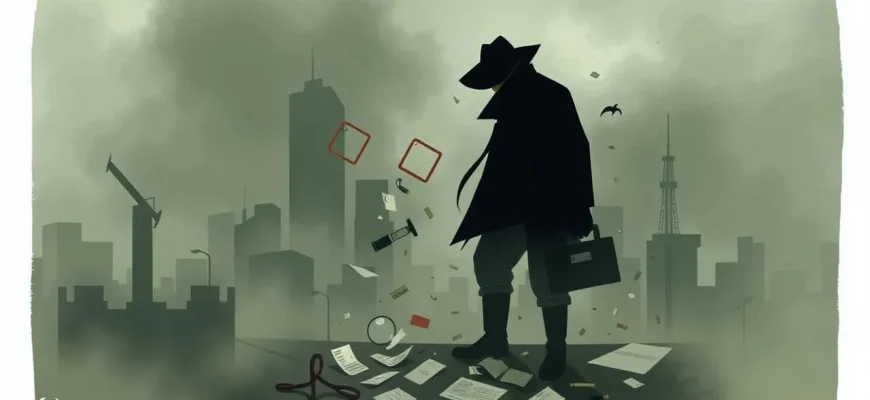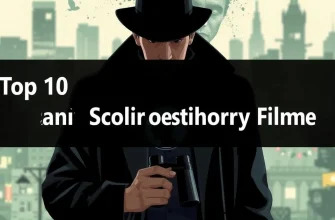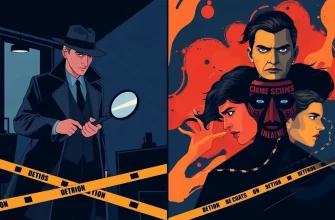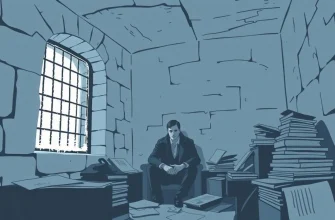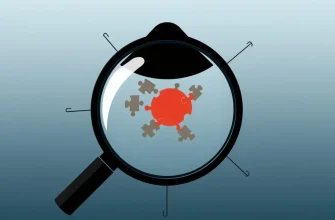If you're a fan of mind-bending mysteries and the thrill of psychological tension, this collection of paranoid detective films is just for you. Each film in this list masterfully weaves a narrative of suspicion, deceit, and the unnerving feeling that nothing is quite as it seems. These films not only entertain but also challenge viewers to question reality, making them perfect for those who love to unravel complex puzzles and delve into the darker corners of the human psyche.

The Manchurian Candidate (1962)
Description: A Korean War hero begins to suspect that he and his platoon were brainwashed to become assassins. This film is a chilling exploration of political paranoia and mind control.
Fact: The film was remade in 2004, but the original is often considered superior due to its Cold War context and Angela Lansbury's unforgettable performance.
 Watch Now
Watch Now
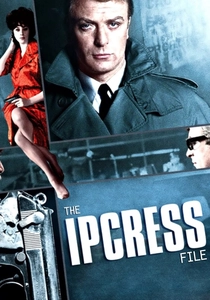
The Ipcress File (1965)
Description: Harry Palmer, a British intelligence officer, is tasked with investigating the disappearance of scientists, leading him into a web of espionage and brainwashing. The film's slow, methodical pace adds to the sense of creeping paranoia.
Fact: Michael Caine's portrayal of Harry Palmer was so iconic that it led to several sequels and made him a household name.
 Watch Now
Watch Now
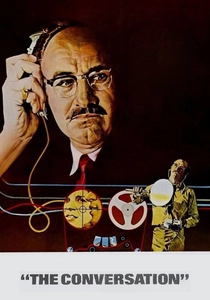
The Conversation (1974)
Description: This film explores the life of a surveillance expert who becomes increasingly paranoid as he uncovers a potential murder plot through his recordings. The tension builds as he questions his own sanity and the ethics of his profession.
Fact: The film was inspired by Michelangelo Antonioni's "Blowup" and features a famous scene where the protagonist dismantles his apartment to check for bugs.
 Watch Now
Watch Now
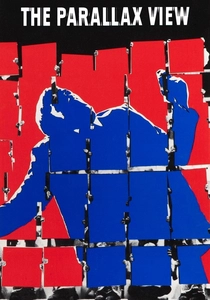
The Parallax View (1974)
Description: A journalist investigates a series of political assassinations, leading him down a rabbit hole of conspiracy and paranoia. The film's portrayal of mind control and manipulation makes it a classic in the paranoid thriller genre.
Fact: The film's title refers to the Parallax Corporation, a fictional entity involved in the conspiracy, and its logo is one of the most iconic in cinema.
 Watch Now
Watch Now
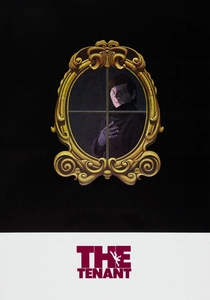
The Tenant (1976)
Description: A quiet, unassuming man moves into an apartment where the previous tenant committed suicide, and he slowly begins to lose his grip on reality, suspecting everyone around him.
Fact: Roman Polanski, who directed and starred in the film, drew from his own experiences of paranoia and isolation.
 Watch Now
Watch Now
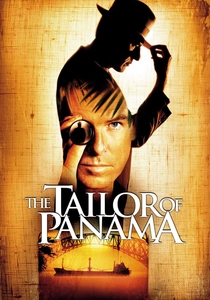
The Tailor of Panama (2001)
Description: A British spy recruits a tailor in Panama to gather intelligence, but the tailor's fabrications spiral out of control, leading to international paranoia and political intrigue.
Fact: The film is based on John le Carré's novel and features a rare comedic take on espionage.
 Watch Now
Watch Now
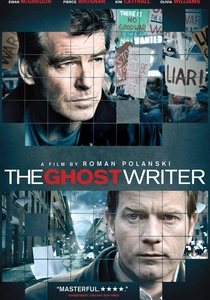
The Ghost Writer (2010)
Description: A ghostwriter hired to complete the memoirs of a former British Prime Minister uncovers secrets that put his life in danger, leading to a thrilling journey of paranoia and political conspiracy.
Fact: Roman Polanski directed this film while under house arrest, adding a layer of real-life tension to the narrative.
 Watch Now
Watch Now

The Girl with the Dragon Tattoo (2011)
Description: A journalist and a hacker investigate a decades-old disappearance, uncovering a web of family secrets, corporate espionage, and personal vendettas, all steeped in paranoia.
Fact: The film is based on the first book of Stieg Larsson's Millennium series, which became a global phenomenon.
 Watch Now
Watch Now
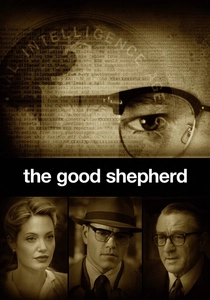
The Good Shepherd (2006)
Description: This film traces the rise of the CIA through the life of Edward Wilson, showcasing the paranoia and moral ambiguity that come with the territory of intelligence work.
Fact: Robert De Niro, who also directed, spent years researching the CIA for this film, ensuring a detailed and authentic portrayal.
 30 Days Free
30 Days Free
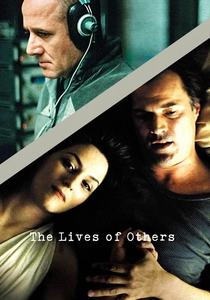
The Lives of Others (2006)
Description: Set in East Germany, this film follows a Stasi officer who becomes increasingly obsessed with the lives of the people he is surveilling, leading to a profound shift in his own beliefs and actions.
Fact: The film won the Oscar for Best Foreign Language Film and was praised for its realistic portrayal of surveillance and paranoia.
 30 Days Free
30 Days Free

